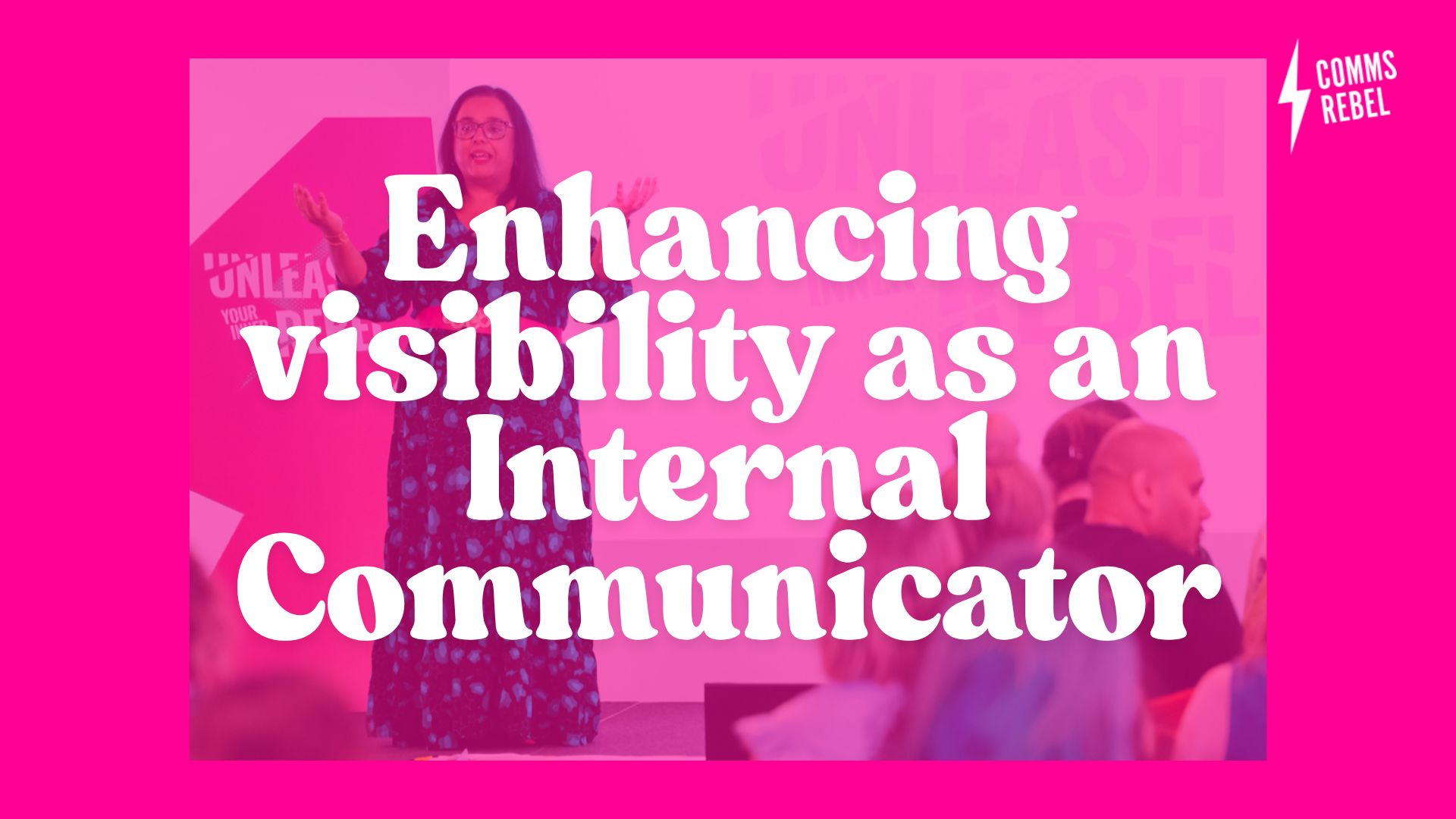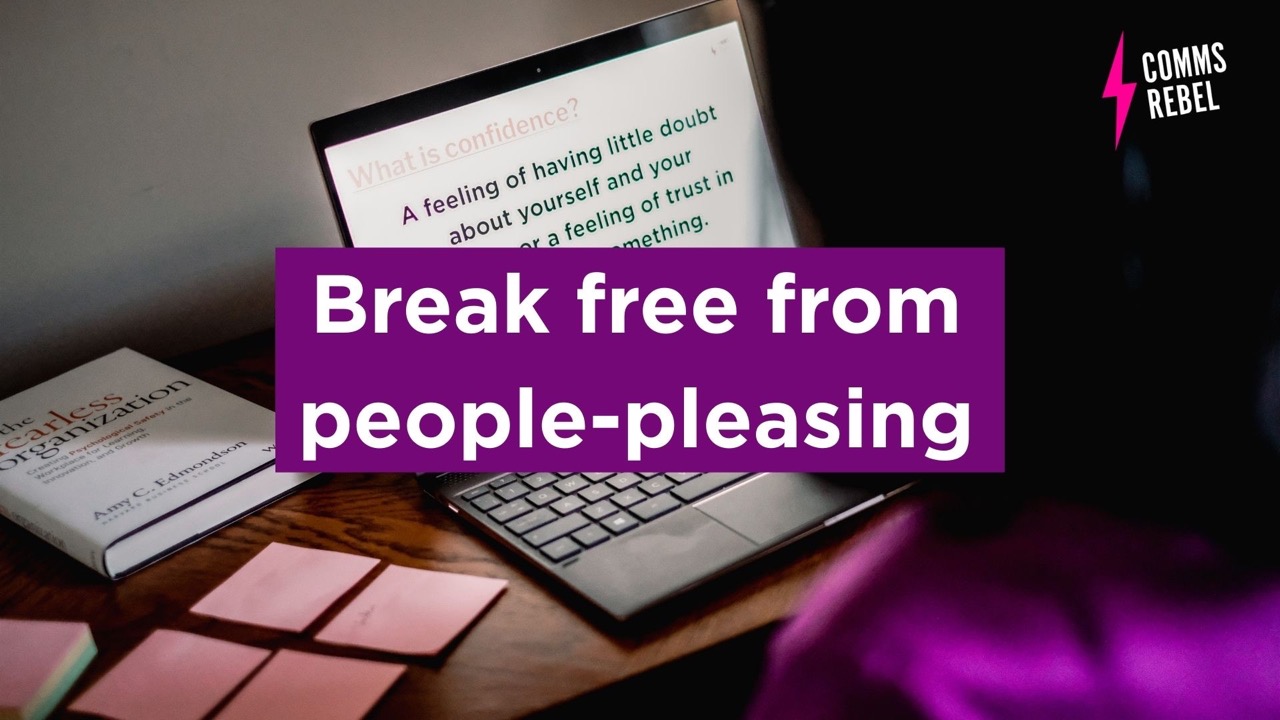Over the years I’ve lost count of conversations I’ve held with people about how to deal with imposter syndrome.
Imposter syndrome was first discovered by psychologists Suzanna Imes and Pauline Rose Clance in the 70s. At that time they thought Imposter syndrome only impacted successful women. But since then, it’s been widely recognised that more than 40 percent of high achieving people experience this syndrome.
Imposter syndrome basically means feeling like a fraud and having intense feelings of self-doubt. People with Imposter syndrome also think like they don’t belong, and they have only succeeded due to sheer luck. It’s been spoken about a lot recently as so many celebrities have claimed to have experienced bouts of Imposter syndrome, including one of my personal heroes Michelle Obama.
According to expert Dr. Valerie Young, who is the author of, The Secret Thoughts of Successful Women, there are different categories for people who suffer with Imposter syndrome: the Perfectionist, the Superwoman/man, the Natural Genius, the Soloist, and the Expert.
- Perfectionists set high goals for themselves, and when they fail to reach a goal, they experience major self-doubt and worry about measuring up. Some would say they were ‘control-freaks’. For this type, success is rarely satisfying because they believe they could’ve done even better.
- The superwoman / man imposter feel they are frauds amongst people who are the real-deal. They often work late, find downtime stressful and a waste of time, don’t have hobbies and work much harder than everyone else to prove their worth. This type are always looking for external validation from others to prove their worth.
- The Natural Genius are very clever. This type believe they need to be a natural “genius.” So, they judge their competence based ease and speed as opposed to their efforts. Basically, if they take a long time to master something, they feel shame. They were often told they were smart, they received high grades and don’t like the idea of having a mentor. This group avoid challenges as they don’t want to fail.
- The Soloist feel as though asking for help will expose that they are a fraud. It’s okay to be independent, but not to the extent that you refuse assistance so that you can prove your worth. They never ask for help and frame things as project needs rather than their own needs.
- Experts measure their competence based on “what” and “how much” they know or can do. Believing they will never know enough, they fear being exposed as inexperienced or unknowledgeable. This group don’t apply for a job unless they hit 100% of the criteria, they are always seeking certificates to prove their worth and they always feel like they are not enough.
I’m definitely number five! I have to gain qualifications in practically every skill to prove that I’m worthy of speaking about that topic. If I don’t have a certificate to prove my worth in that subject then I automatically think I’m a fraud.
Early last year I was crippled by imposter syndrome. I questioned absolutely everything I did. I felt like a fraud, panicked about every decision I had to make, and I couldn’t sleep as my mind whirred throughout the night. I knew it was stopping me doing things and I had to do something about it. So, I did the typical thing many of us do – I turned to google and typed in: “how to get rid of your imposter syndrome.” As you can imagine there were quite a few hits sharing top tips and advice. I tried to implement some of them into my day-to-day life, but you know what I discovered? None of those tips will work until you truly understand why your imposter impacts your life.
So, I took back some control and started to do some things that helped me get out of this slump:
First, I gave it a name. If it’s good enough for Beyoncé to name her alter ego then why can’t we name our imposters. I named her Sandy as it felt like a non-threatening name. This may sound a bit odd but bear with me. I truly wanted to understand what triggered Sandy. Why did I surrender myself to her so easily? What was causing me to feel so unworthy? Giving her a name suddenly made me feel a bit better. I wrote down my biggest worries and focussed on the so what? In my mind I’d created this massive problem which became an unachievable mountain to climb. But on paper, in black and white, it was nowhere near as bad as I thought it was. If I felt a wave of self-doubt creeping in, I tell Sandy to back down and I push myself forward regardless.
I also started to keep a gratitude journal. This helped me immensely. I jotted down three things that I achieved that I was really proud of during the day. Some days it’s as simple as getting a thanks from someone. If I’m having a low day, I’ll often refer to some back dated entries and remind myself that I’m more than capable! I’ve also started to screen shot compliments I receive online. I sometimes read these before I have to tackle something pretty big which I know could trigger an unwanted visit from Sandy.
It’s also really important that you don’t suffer alone. Having a conversation with others about your inner critic is truly helpful. I started to tell my friends how I was feeling, and they started to share their experiences with me. Listening to my super confident, successful friends experiencing similar symptoms made me realise that I’m not alone in this.
I still occasionally think I’m a fraud, but I now have some great techniques and tools to help me get Sandy out of my life quicker.
Here are a few tools and resources that have helped me in some way.
I’ve spoken about this book several times but The Year of Yes by Shonda Rhimes was inspirational. I absolutely loved it and it completely changed my outlook.
The Calm App really helped me relax at night. Their night time stories knocked me out within minutes, and I woke up feeling refreshed.
Brene Brown, the power of vulnerability TedTalk is absolutely brilliant: https://www.ted.com/talks/brene_brown_on_vulnerability/up-next?language=e
I don’t think any of us should be beating ourselves up for feeling like a fraud sometimes. We just need to make sure it doesn’t stop us moving forward and achieving great things, otherwise we may miss out on some amazing experiences.
Please do share your top tips on how you overcome imposter syndrome, you can find me on twitter @Advita_p or over on Linkedin!


